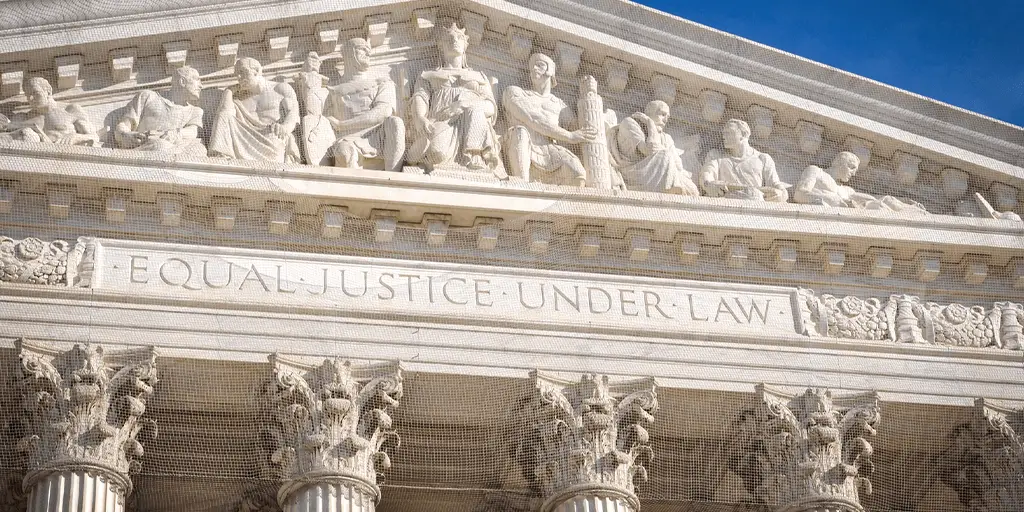
Lawyers representing Mahanoy Area School District on Wednesday asked the 9 justices of the Supreme Court of the United States to rule that it has the authority to police some student speech that’s conducted off school grounds.
Oral arguments were delivered in the case of Mahanoy Area School District v. BL. The case is centered on just 1 Snapchat message in 2018 sent by Brandi Levy, then a freshman-turning-sophomore cheerleader.
Her message read: “F*** school F*** softball F*** cheer F*** everything” and had a photo of her and a friend flipping the bird at the camera.
Levy posted that message about 48 hours after she learned she didn’t make the varsity cheer team for her sophomore year at Mahanoy Area. And though Snapchat gets its users to believe that posted messages disappear after a short period of time, it was visible long enough for someone to take a screen shot of the message and show it to the school’s cheerleading coach.
The coach decided to suspend Levy for the entire year. That was a decision several Supreme Court justices questioned but alas, wasn’t the reason Mahanoy Area was before the high court this week.
After Levy was suspended, she – through her parents – sued Mahanoy Area, accusing the district of restricting her First Amendment right to free speech. The district countered that claim by saying it was permitted to police her speech, or social media post, because of a 1969 Supreme Court decision (Tinker v. Des Moines Independent Community School District) that allowed schools to take such actions if they believed the speech would cause a substantial disruption to the school community.
Mahanoy Area Appeals to Supreme Court in Cheerleader Free Speech Case
On Wednesday, the school told justices that Levy’s post did constitute a substantial disruption to the school and if not the school, at least the cheer team. And the school should be allowed to take the action that it did against Levy or any student, even though it technically happened off-campus.
“First, off-campus speech, particularly on social media, can be disruptive. The Internet’s ubiquity, instantaneous and mass dissemination, and potential permanence make the speaker’s location irrelevant,” Lisa Blatt, an attorney representing Mahanoy Area argued.
Supreme Court Justices: It’s Just the F-Bomb
The justices challenged Blatt’s arguments with a lot of hypothetical questions on what schools could and couldn’t police.
But Justice Stephen Breyer asked about the Mahanoy Area case in particular. He questioned if what Levy posted on Snapchat that day was really a substantial disruption to the school.
“Is there in the record something that shows that what this young woman did — I mean, she used swear words, you know, unattractive swear words, off campus. Did that cause a material and
substantial disruption? I don’t see much evidence it did,” Breyer said.
He added that if schools started punishing students for cursing when they leave school, “My goodness, every school in the country would be doing nothing but punishing.”
Blatt asked that the justices further define what types of speech schools can and can not police than is currently defined in the TInker v. Des Moines case from more than 50 years ago.
“Tinker has been a familiar test for 50 — 51 years, and it is — in this case, I don’t think it’s that difficult. The question is, here, she targeted her coaches, the sport, and another teammate’s ability to play, and the coach recently forecasted someone who berates with a profane gesture and word, all three of those things is not somebody you’d want at the bottom of the pyramid. And the — the record was not just the swearing, but it was disrespect for the — for the — for the coaches and the entire team and her teammates in connection with the swearing,” Blatt said in response to questions from Breyer.
Justice Sonia Sotomayor also challenged Blatt on what Levy said and where she said it. Blatt admitted that a school can’t punish a student if they’re cursing up a storm on their walk to school so why would they do it just because it was on the internet?
Blatt said, “She berated her coaches, the sport, and other teammates.”
Sotomayor didn’t care for that response. She countered, “Well, we could quibble with that.”
The Justice said her law clerks informed her that, in some circles of students, the more you curse is like a badge of honor.
“Where do we draw the line with respect to it targeting a school? She spent a few minutes talking to students, reporting this incident. How is that a substantial disruption? And how is this, the nature of the speech, such that it intends to provoke disrespect when she put it to a page that was supposed to disappear and it was only a classmate taking a snapshot who showed it to anybody,” Sotomayor asked.
Justice Neal Gorsuch wondered if it mattered in this case that Levy wasn’t suspended from school, just the cheer team. Blatt believes it does and it’s also why she believes the school should have jurisdiction to act as it did.
“There was no disciplinary action taken with respect to the school. She was suspended from the cheer team and I think under the other side’s view, she couldn’t have even been asked to write an apology or suspended for one games. And she could do this every night. As long as she waited until the Cocoa Hut (the location from where the original Snap was sent) to do it, she could berate her coaches all day long,” Blatt said, basically saying that the Levys – in their argument – believe Mahanoy Area doesn’t have a right to take any action for what Brandi wrote and if she did it every day or a thousand times, there’s nothing the school could do.
The newest Justice on the bench, Amy Coney Barrett, told Blatt she believes many of her fellow justices were skeptical of her argument how the Tinker case could apply in Levy’s case.
“It’s not going to be easy to apply,” Barrett said. “I think a lot of the questions you’ve gotten today show a concern, including in this case, that schools abuse this authority and that they punish things that maybe don’t cause substantial disruption. I think you’ve heard a lot of skepticism about whether the speech at issue in this case actually caused substantial disruption.”
Blatt ended her argument by saying, “All this Court needs to hold is that Tinker is not subject to a territorial switch. Students shouldn’t be able to place their speech off limits just by stepping off campus.”
ACLU Defends Levy’s Speech Before Supreme Court
In defense of the Levy’s, David Levy of the American Civil Liberties Union argued that content discrimination is prohibited by the First Amendment.
“A speaker can’t be punished because listeners object to his message,” he said.
He added that the law from the Tinker case only allows for a narrow exception and that exception was not met in this case.
“Expanding Tinker would transform a limited exception into a 24-7 rule that would upend the First Amendment’s bedrock principle and would require student to effectively carry the schoolhouse on their backs in terms of speech rights everywhere they go,” he said. “It would also directly interfere with parents’ fundamental rights to raise their children.”
That was the part of the entire saga that got to Larry Levy, Brandi’s father, right away.
“I was aggravated that the school stepped outside their boundaries and into my home and took the extensive disciplinary action,” he told The Canary in an interview Wednesday evening, after oral arguments were presented. “The school failed us.”
Levy says he feels confident in how proceedings went Wednesday but admitted that it “was hard to read” into the Justices’ line of questions.
“You could think you’re ahead but you may not be,” he said.
Levy added that he feels some sense of relief that the oral arguments have been presented and hopes the justices will “make the right decision.”
He said that if the court doesn’t rule in Brandi’s favor, as it were, even though she’s graduated since 2020, it would have a lasting impact on every student nationwide.
“They’re (students) aren’t going to be able to express themselves whatsoever,” he said.
Further, Levy said that as a parent, if a child is afraid to express themselves on social media – which is where they tend to do that these days – they may not express something more concerning or dangerous.
A ruling from the court of any kind isn’t expected until late-June.
READ FULL COVERAGE OF MAHANOY AREA SCHOOL DISTRICT v. BL:
Supreme Court Oral Arguments in Mahanoy Area School District v. BL
- SCOTUS to Hear Mahanoy Cheerleader Free Speech Case
- Both Sides of Mahanoy Area Cheerleading Case Argue in Public – School Appeals to SCOTUS
Subscribe to Coal Region Canary
Get email updates from Coal Region Canary by becoming a subscriber today. Just enter your email address below to get started!Support Coal Region Canary
Like our reporting and want to support truly local news in Schuylkill County? Your small donations help. For as little as $5, your contribution will allow us to cover more news that directly affects you. Consider donating today by hitting the big yellow button below ...


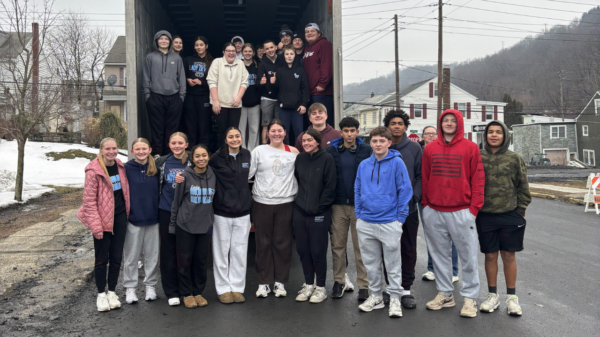

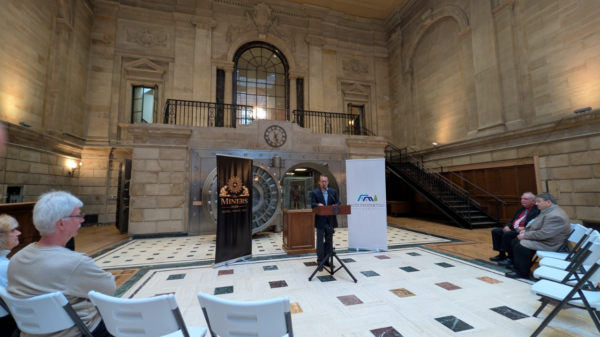

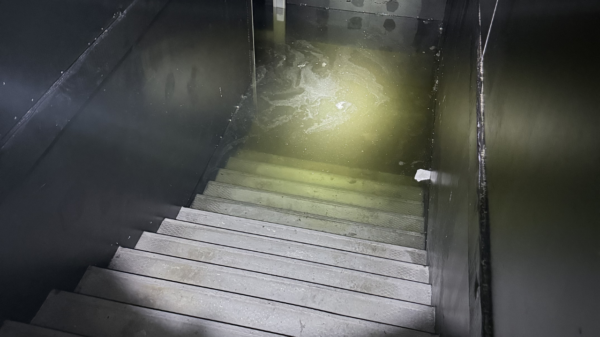
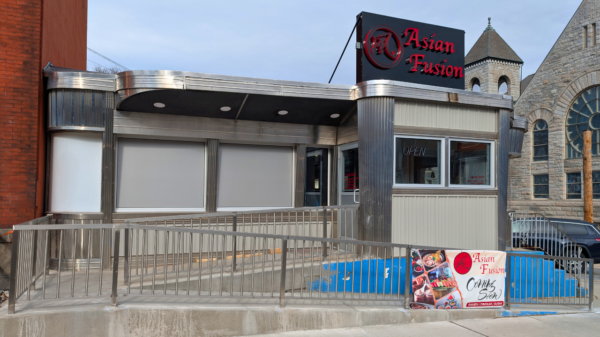


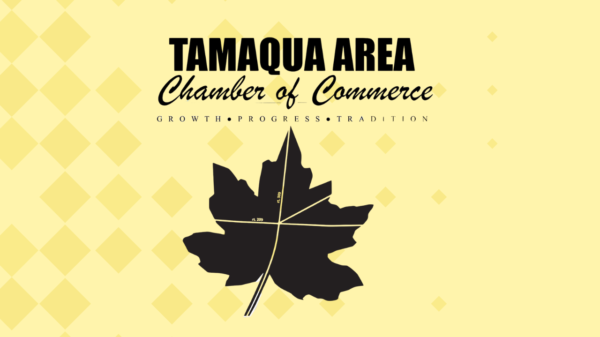
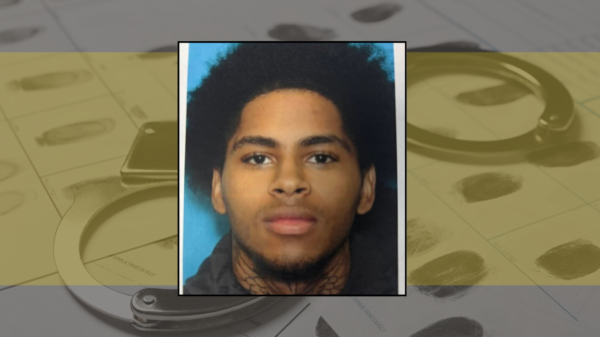
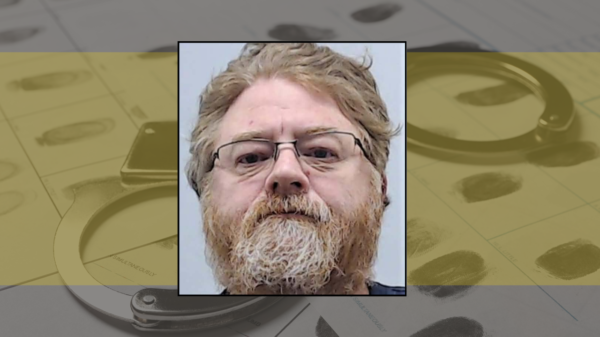

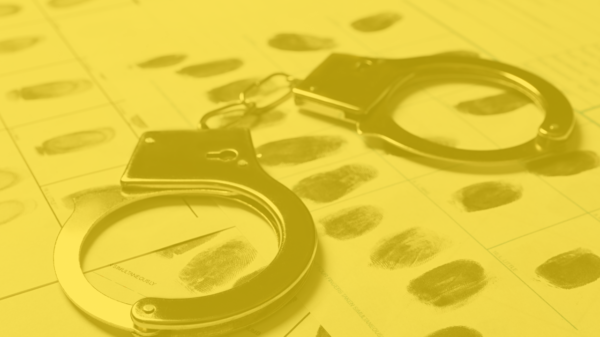
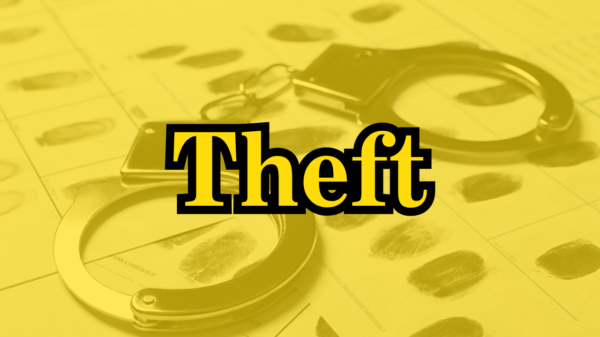
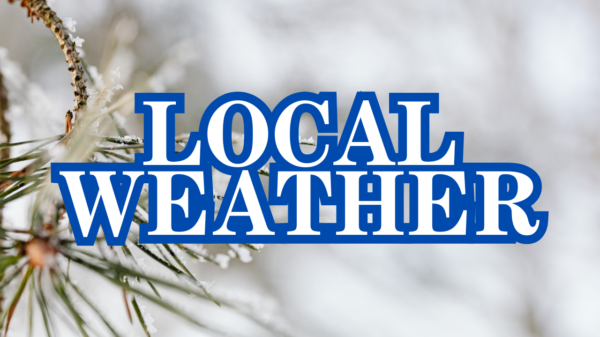

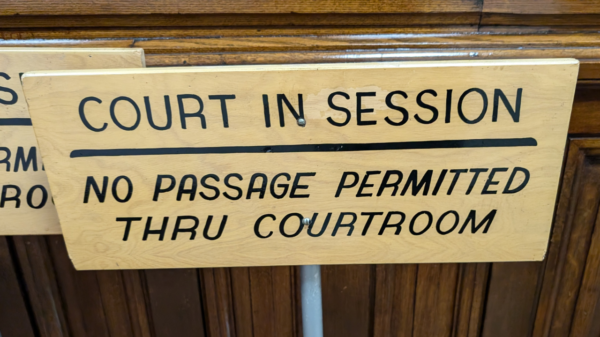




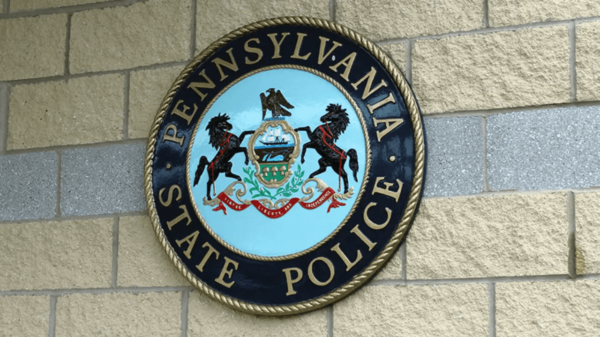
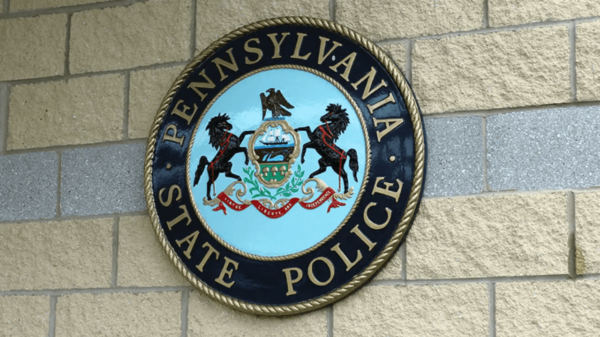
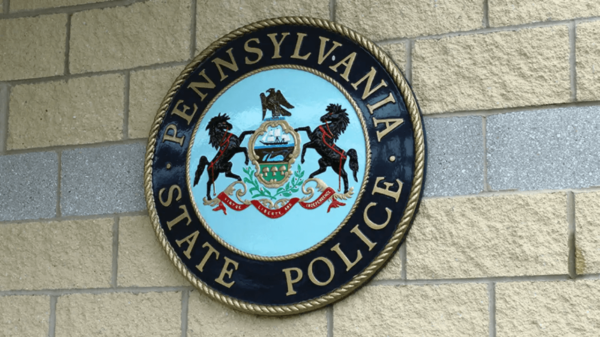

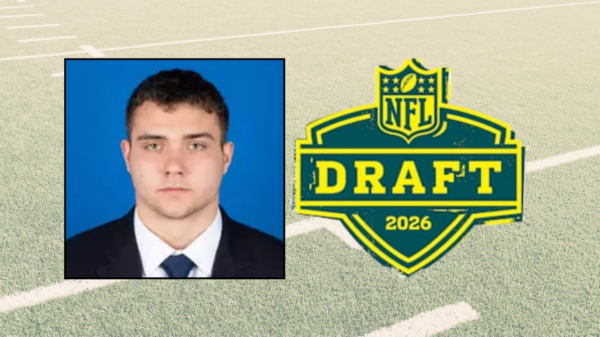
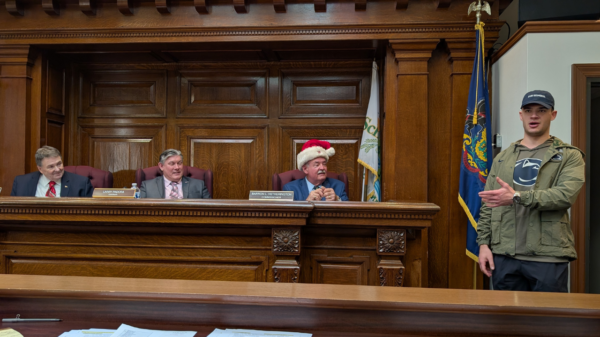
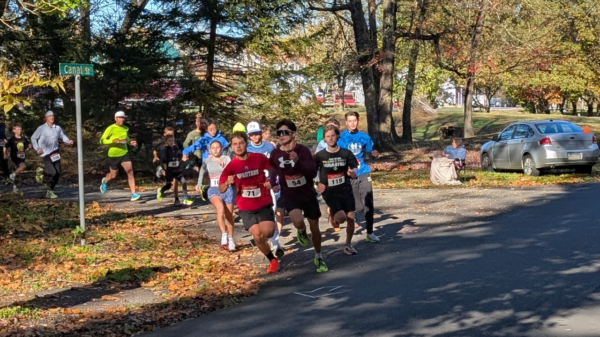
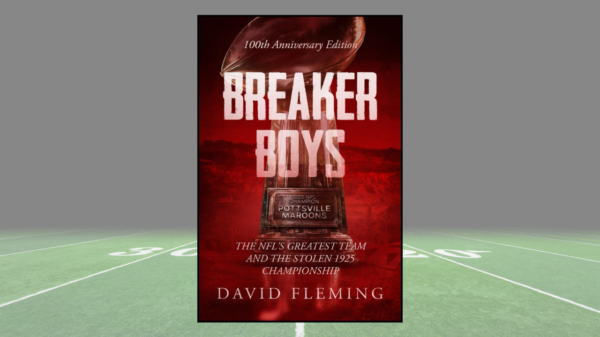
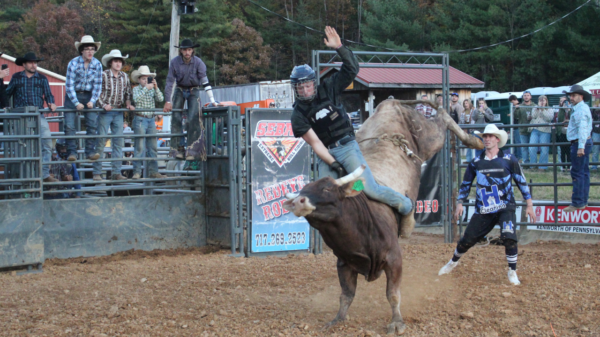
Edward B Connolly
April 30, 2021 at 5:30 am
BL’s membership in the student body of MHHS was a right.
Her membership on the cheerleader team was a privilege, contingent on proper behavior, as “proper behavior” is reasonably defined by the coach, the principal, and the Board of Education. Respect towards teammates, coach and school, especially in one’s public speech, is entirely reasonable.
BL grossly violated her obligation to be respectful in her public speech.
Verdict: She was rightfully and legally suspended from the privilege of membership on the cheerleading team.
Edward B Connolly
April 30, 2021 at 5:32 am
I meant to type MAHS, not MHHS.